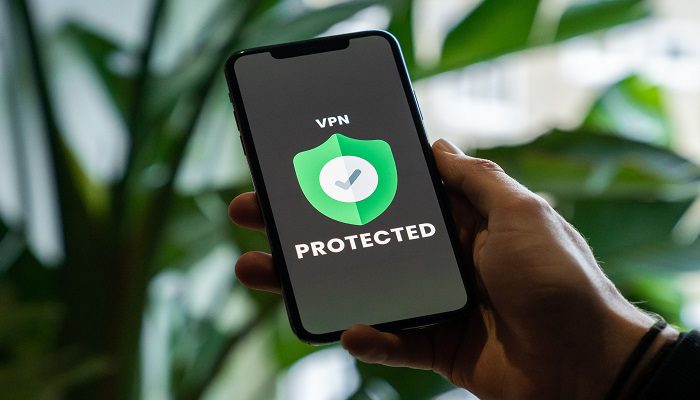A virtual private network is an internet based service which allows users to access a private local area network (LAN). A virtual private network allows users to connect to a public or shared network and still send and receive data as if their computer were directly attached to the other network. It can be compared to a dedicated private computer network, but one that is accessible over the internet, rather than through physical connection. Another difference is that while dedicated computers have physical hardware to connect to another one, a VPN does not.
The benefits of a VPN are several. With this type of service, you can access your data from any computer with an internet connection because the VPN has taken the security of your data between you and the site-to-site provider and wrapped it into an encryption and virtual private network service. The encryption keys used in this type of service protect data so that it is protected and cannot be directly accessed by anyone else, even when the user has been granted access to the site-to-site server. Each subscriber is assigned a unique IP address and can only be connected to one other subscriber on the VPN. Encryption assures that data is secure even between two independent parties.
Enforcing data security measures, including user access reviews, can help avoid data breaches. Furthermore, implementing user access review best practices is critical. For example, let’s say you work for a large enterprise (like a financial institution) with a high-profile client who trusts your company with their personal information (like financial records). You have access to their home address, financial history, and bank account number within your reach. Just because you can access this information doesn’t mean you should access this information. By enforcing these best practices, you can reduce the risk of inappropriate user access.
One of the advantages of a VPN is that it eliminates the need for security headers such as the ICMP Echo Request and the ICMP Echo Relay packets, which help prevent indirect internet traffic from being compromised. It also offers an excellent protection against spyware and viruses. In other words, all the data sent and received by each subscriber in the private network remains encrypted and this makes it difficult for people to break.
Another advantage of VPN is that it offers a cost-efficient means for ensuring secure internet connection. Unlike SSL/TLS or VPN, the encryption provided by VPN is transparent and invisible, which ensures that there is no way for users and attackers to decipher the meaning of the traffic that passes through the system. As a result, users do not have to worry about their personal data getting into the wrong hands.
There are some disadvantages as well. First, it is important to note that VPN is not considered a secure connection because it does not offer any security or encryption. Encryption is only provided at the application layer and in the case of VPN the application layer consists of SSL/TLS. This means that while a Virtual Private Network can provide a cost-efficient way of establishing a secure connection between two independent parties, it does not offer full SSL/TLS levels of encryption.
To sum up, Virtual Private Networks are an excellent choice for businesses that want to establish secure connections between two independent parties. However, it is important to note that it provides an ineffective means of protecting personal data from the outside world. SSL/TLS is more than sufficient to ensure that your private data is encrypted before leaving the user’s computer and it can also provide protection if the user chooses to disconnect from the network at any point. Thus, Virtual Private Networks are useful for improving internet security but they are not as secure as you might think.




































